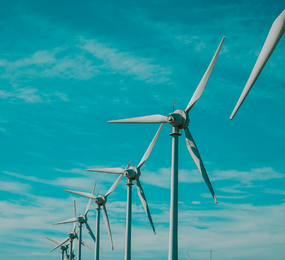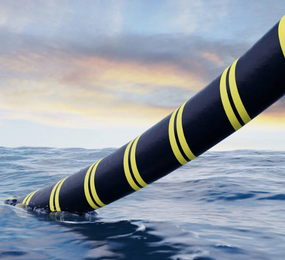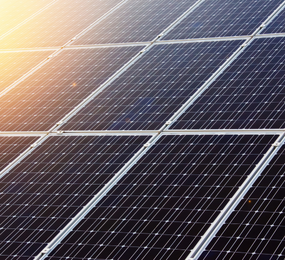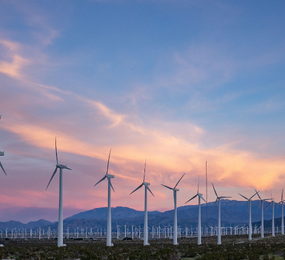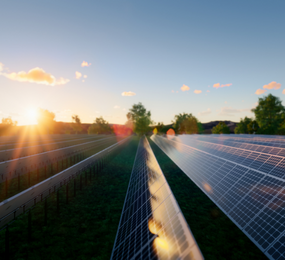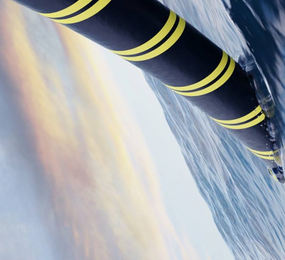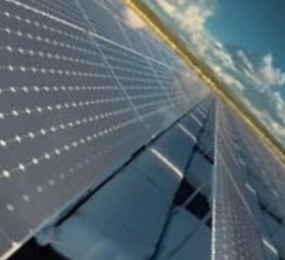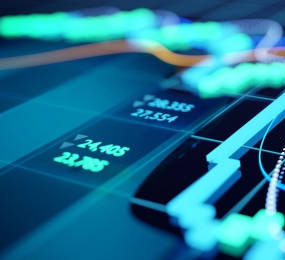The circular economy for plastics is a design for a closed system that encourages the use of recycled plastics, creates value from waste, and keeps recyclable plastics out of landfills. When recycling is not an option, plastic trash can be utilised to create energy. It can also be used to build new plastic items and parts.
Plastics have a significant role to play in a sustainable and resource-efficient economy due to its inherent adaptability and capacity for innovation. Their low weight improves fuel economy and lowers greenhouse gas emissions in the transportation industry.
They are employed in the building and construction industry to create window frames, piping systems, and high-performance, long-lasting insulation materials. Finally , plastic packaging is essential for guaranteeing food safety and minimising food waste.
Simply said, plastics hold the promise of enabling us to accomplish more with less resources.
But in order to realise this potential to its fullest, it is also essential to solve the numerous issues related to littering and the choices for disposing of plastic trash, particularly packaging waste.
By closing the plastic circular economic loop, Europe will become more competitive, tackle climate change, and reach Sustainable Development Goals.
A European Strategy for Plastics in a Circular Economy, a four-pronged strategy to make recycling lucrative for business, reduce plastic waste, end marine littering, and spur investment and innovation, was announced by the European Commission in 2018.
A "vision for a smart, innovative, and sustainable plastics sector, one that brings growth and jobs to Europe and helps reduce EU greenhouse gas emissions and dependency on imported fossil fuels" is presented in the strategy.
PlasticsEurope introduced the Plastics 2030 programme - raw material producers' voluntary commitment in line with the European Commission's policy to help realise the promise of plastics in a circular economy. The goals of Plastics 2030 are to stop plastics from leaking into the environment, increase resource efficiency of plastics applications through life cycle thinking, and bring about a paradigm shift in our knowledge of how to transform plastic trash into new resources.
Join us on 1st - 2nd March, 2023 for the World Biopolymers and Bioplastics Innovation Forum, in Berlin, Germany so you don't feel left out in the industry!
To register or learn more about the Forum please check here: https://bit.ly/3TQ1k8m
For more information and group participation, contact us: [email protected]


